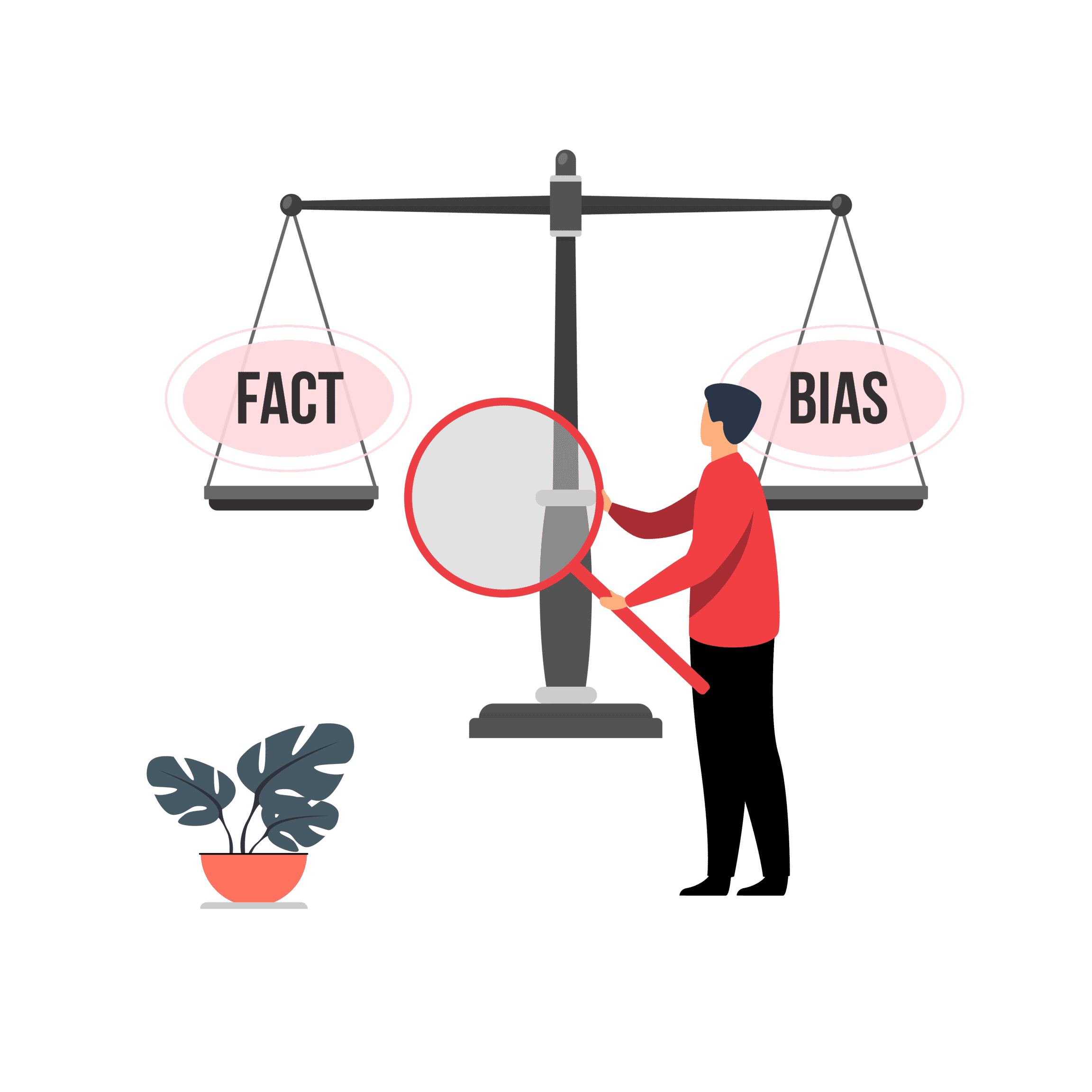So the chances are that this is your first set of job interviews, if not your first ever interview, but it’s cool—it’s all going to be great and you should be excited. The interview gives you a chance to work out what the company can offer you as well as giving them a shot at seeing what you’re like. Relax!
But here are some aces up your sleeve to make sure you’re as prepared as possible. You need to do some research on the company and think about a few key things before you rock up to see the professionals.
Before the interview
Here’s the thing—when people overuse the phrase “fail to prepare; prepare to fail”, it’s because they genuinely have a point, much as we hate to admit it. Half the battle is in preparing properly—research the company and the programme as fully as you can, practice some of the questions you might face and basically get yourself as warmed up as possible—we guarantee that it will pay off. You need to know what you’re facing before you can deal with it, so get researching!
During the interview
One of the most important things to remember is that you’re being assessed on your potential ability and not necessarily what you know now. The programmes are set up to train you and make sure you can fulfil that potential, so all you have to do is let your personality shine through. Obviously that’s easier said than done, but the most important thing to allow that to happen is to make sure your communication is on top form. Remember to speak clearly about whatever it is you’re talking about, don’t rush, and most of all, make eye contact with your interviewer—it might feel a bit weird but it’s essential in showing your people skills and it will make them feel that what you’re saying is directly relevant to them, which can only be a good thing. Sit up straight and all this will come easily—remember you’re a young, professional jobseeker, be proud!
Answer the questions in as much detail as you can, and use examples for as many answers as possible—showing that you’ve backed up what you’re saying with real-world experience is the key to convincing many employers you’d be the ideal candidate. Don’t be afraid of asking the interviewer to repeat or clarify a question if you miss or don’t understand it—it’s much better to ask than to just assume and possibly go barking up the wrong tree!
At the end, they’ll ask you if you have any questions. It might be a good idea to have something prepared, as it shows you’re genuinely interested in the company and want to know as much about it as possible. It doesn’t have to be complex, but think about something you’d like to know about the professional life of the company (don’t ask how long you get for lunch!) and pitch it to them. They’ll be more than happy to answer.
After the interview
It might be a good idea to send a thank you email to your interviewer just to reiterate your interest and show that you’re a well-mannered young person who’s proactive and excited about the role—it definitely can’t do you any harm! If you don’t get this job, ask for some feedback about how you can improve for your next interview, it will help you refine your technique and get even better when the next opportunity arises!
Most of all though, remember that employers aren’t looking for the finished product—they’re looking for an enthusiastic young person with the potential to be moulded into a winner, and that’s what you’ve got to show. Smile, be confident and let your personality shine through, and you’ll have the best possible chance of landing the job.

For years I have studied American finance regulations. All the information in this blog is sourced from official or contrasted sources from reliable sites.
Salesforce Certified SALES & SERVICE Cloud Consultant in February 2020, Salesforce Certified Administrator (ADM-201), and Master degree in “Business Analytics & Big Data Strategy” with more than 13 years of experience in IT consulting.
